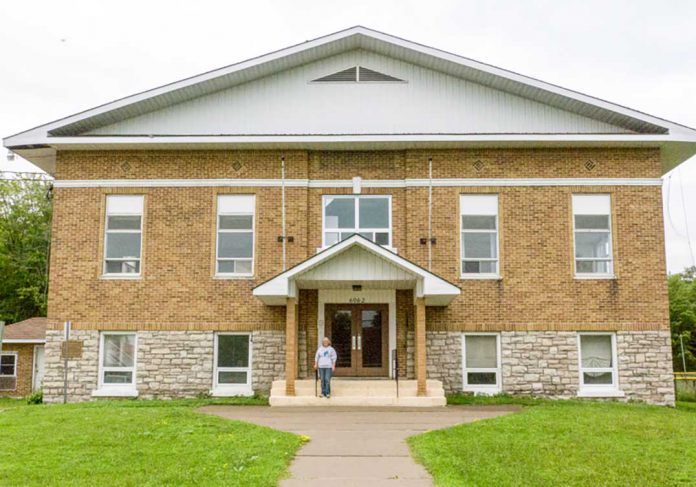Loblaws carbon fund announcement was an avoidable disaster
The announcement that Loblaws secured $12 million from the government’s Low Carbon Economy Fund (LCEF) to convert refrigeration systems was met with public derision from all angles. This should have been predictable, and the outrage comes right on the heels of the implementation of the carbon tax which only exacerbates the situation on both fronts.
Having the first few announcements judged purely on merit should have been considered as a priority, but apparently wasn’t. Now, as Canada ramps up to spend $450 million on those investments, Loblaws is the face of the program meaning public support may be harder to come by.
In the project’s defence, the upgrades will reduce carbon in the same way that taking 50,000 cars off the road would do. That is a great outcome, and nobody is arguing against that claim, or the idea, that the project itself is worth undertaking. The sticking point is that Loblaws could easily have afforded to foot the entire bill themselves and they will reap many of the benefits of the project.
To put this into perspective. Loblaws is the largest player for this sector in Canada. The company also owns Superstore, Fortinos and Shoppers Drug Mart. In 2018 they posted a whopping $46.6 billion in revenue. We also know the company is owned by the third richest family in Canada headed by Galen Weston who is worth $7.8 billion dollars. Put this all together and it’s not difficult to imagine the company didn’t require a penny to upgrade their stores to run more efficiently-and ultimately lower their energy costs.
But the problem with optics runs deeper, and most people know this. Loblaws was ground zero for the bread price fixing scheme that inflated those costs for over 15 years. Once caught they offered consumers gift cards as compensation, but they were accused of requesting too much private information from consumers registering for rebates. The company was also caught trying to use tax havens to avoid paying taxes and argued against raising the minimum wage in Ontario and Alberta.
The notion that the money could have been better invested is gaining steam. One sticking point is that the LCEF was designed for big projects only, which prioritizes the corporate model while marginalizing small businesses and community organizations who could arguably use the help more. While we could list ways to invest $12 million dollars forever, let’s consider a few of the ways that money could have been used in Algoma-Manitoulin-Kapuskasing.
Our independent and small grocers could have used this kind of assistance to make their stores more efficient. Public infrastructure like arenas, pools or community centres could be made more efficient. Transportation options could be invested in to turn the tide on the loss of passenger rail and bus services while curbing emissions. And, of course, initiatives that helped people make their houses more efficient, such as the eco energy retrofit program were wildly popular and helped every day Canadians instead of billionaires. The optics on all of these would have been more favourable.
Instead, the program becomes just another tainted aspect of the carbon tax. The danger now is that the public becomes disenchanted with the notion of addressing climate change altogether. It did nothing to take the politics out of the discussion surrounding climate change and instead, accelerated them on a few fronts. There were smarter ways to invest this money to encourage more public support, but it wasn’t designed that way and the flagship project is now a public relations disaster.




